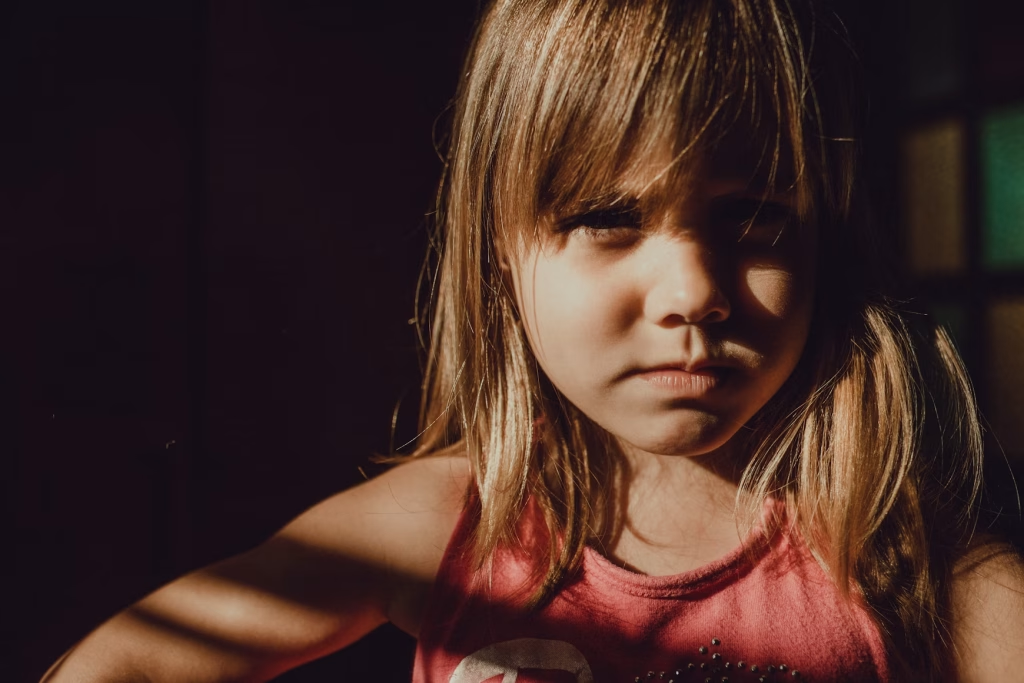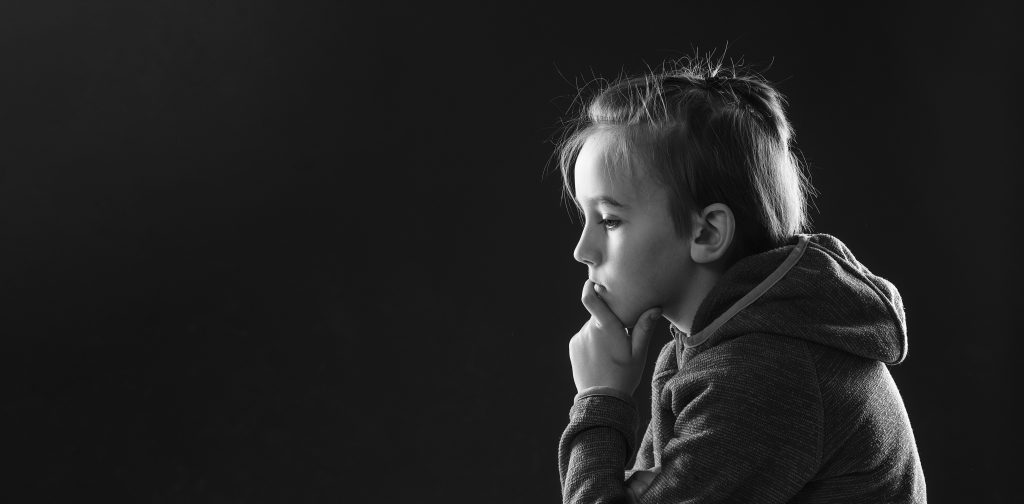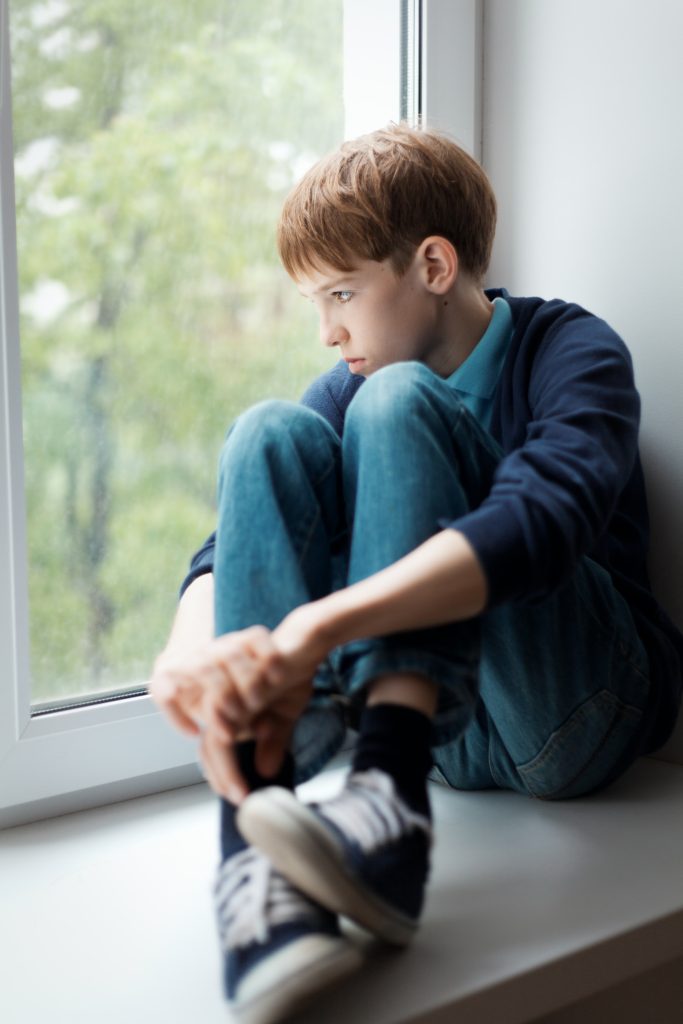
Hearing “I hate you” from your child might be one of the most jarring moments in your parenting journey. Whether it’s shouted during a tantrum or muttered under their breath after a screen time rule, those words can feel like a punch to the heart. But here’s the truth: even loving, well-behaved children say things they don’t fully mean—especially when they’re overwhelmed. It’s not a reflection of your parenting or your worth as a caregiver. Instead, it’s often a sign that they’re struggling with big emotions they don’t yet know how to express.
If your child says they hate you—even if it’s the fifth time this week—breathe. Below are five compassionate and constructive ways to respond that help de-escalate the moment, protect your connection, and teach healthier ways to handle frustration.
1. Stay Calm—Even When It Hurts
When your child lashes out and says something hurtful, your first instinct might be to snap back. But doing so rarely calms the situation. Reacting with shouting, punishment, or guilt trips can actually damage your child’s trust and self-regulation abilities. According to experts at sites like HealthyChildren.org and Psych Central, staying calm gives your child the safety they need to navigate their emotions. Take a breath, lower your voice, and remind yourself: this is an emotional moment—not a personal attack.
2. Validate the Feeling, Not the Words
Kids don’t always have the vocabulary to say “I’m angry/disappointed/overwhelmed,” so “I hate you” can become a convenient (albeit hurtful) shortcut. That’s where emotional validation comes in. Try something like, “It seems like you’re really upset with me right now. It’s okay to feel that way.” This kind of empathy shows your child that you’re not dismissing their emotions—even if you disagree with how they’re expressing them. According to the Child Mind Institute’s guide to problem behavior, regularly naming and validating emotions helps children develop emotional regulation and trust.
3. Reinforce the Positive with Gentle Boundaries
The hardest time to enforce boundaries is during an emotional meltdown—but it’s also the moment kids need them most. Let your child know the emotion is acceptable, but the expression needs adjusting. For instance: “It’s okay to feel mad, but it’s not okay to speak hurtfully to people we care about.” Follow this with reminders of times your child handled frustration well and praise them afterwards if they attempt a better response next time. Positive reinforcement techniques can increase the likelihood of respectful communication in the future.
4. Restate the Rule—With Warmth and Clarity
It’s tempting to bend a rule when your child reacts intensely, but healthy boundaries matter most when they’re applied with love. Whether it’s enforcing bedtime, limiting sweets, or saying no to extra TV time, calmly explain your reason with compassion.
For example: “I understand you’re upset, but my job is to keep you healthy and safe, and that means sticking to screen time limits.” Consistent boundaries create a sense of security, even when kids push against them. Predictable rules can reduce outbursts and ease power struggles over time.

5. Don’t Be Afraid to Ask for Help
If your child frequently says “I hate you,” or the emotional tone at home feels more intense than usual, it might be time to reach out. There’s no shame in seeking additional support. Resources like InfoAboutKids.org and the Child Mind Institute offer insights into recurring behavioral challenges and deeper concerns such as anxiety, stress, or trauma. Pediatric counselors or therapists can provide tools to help you navigate this phase with confidence, restoring a healthier family dynamic. Parents aren’t meant to do it all alone—recognizing that is a strength, not a weakness.
Raising Emotionally Aware Kids Starts with Us
When your child says they hate you, it can feel like the air’s been knocked out of you. But remember, these words are often bursts of frustration, not a verdict on your relationship. By staying calm, validating feelings, enforcing boundaries, and focusing on love, you’re teaching your child the best lesson there is: that big emotions can be handled without destroying the bond you share. These challenging moments can actually become powerful opportunities to build empathy, communication skills, and emotional resilience.
Has your child ever said “I hate you”? How did you respond? Share your story in the comments—we’d love to know what worked (or even what didn’t) for your family.
Read More
- No Respect? 13 Ways to Recognize Disrespectful Behavior in Kids
- How to Handle Your Child’s Big Emotions Without Yelling

Samantha Warren is a holistic marketing strategist with 8+ years of experience partnering with startups, Fortune 500 companies, and everything in between. With an entrepreneurial mindset, she excels at shaping brand narratives through data-driven, creative content. When she’s not working, Samantha loves to travel and draws inspiration from her trips to Thailand, Spain, Costa Rica, and beyond.

